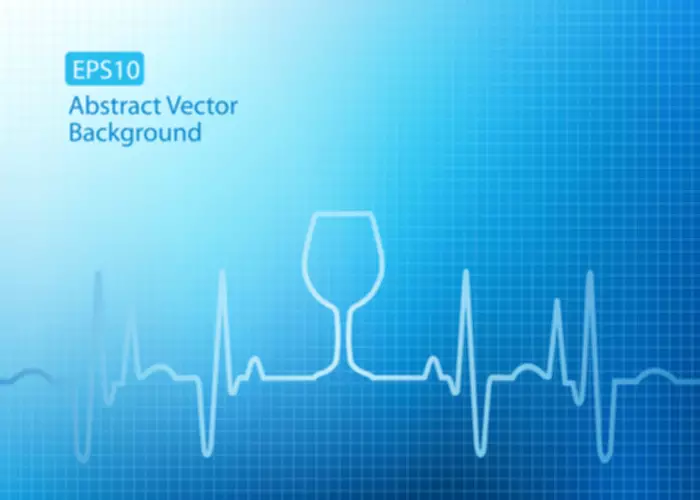
This can make you progress through stages of alcohol-related dementia faster. The best way to prevent alcohol-related dementia is to avoid drinking too much alcohol. Talk to a healthcare provider or a loved one if you’re worried you’re drinking too much. However, people with low cholesterol levels who are still taking lipophilic statins wouldn’t get the drug’s main intended benefit. They may want to speak with their healthcare provider to determine if these medications are causing more harm than good, he added. Long-term inflammation may also harm brain cells and contribute to the development of Alzheimer’s disease.
Getting an assessment for alcohol-related ‘dementia’

Consider attending a support group for sobriety such as Alcoholics Anonymous (AA). Going to meetings can hold you accountable for quitting drinking and improving your health. Thiamine works in the brain by helping brain cells produce energy from sugar. If there is a deficiency of thiamine, brain cells do not produce enough energy to function properly. Alcohol-related dementia is similar in some ways to Alzheimer’s disease in that it affects memory and cognitive ability. Once acute symptoms come under control, a doctor may further examine the person for signs of Korsakoff syndrome.
- Sometimes, nutritional supplementation can help prevent the progression of this type of dementia.
- Alcohol has long been considered a « social lubricant » because drinking may encourage social interaction.
- Alcohol-related ‘dementia’ can also cause problems with a person’s mood, such as apathy, depression or irritability.
Can Alcohol Permanently Damage Your Brain?

We are no longer supporting IE (Internet Explorer) as we strive to provide site experiences for browsers that support new web standards and security practices. ARD is a progressive illness, which means its symptoms often happen in stages and continue to get worse—especially if left untreated. The results will help determine whether you or marijuana addiction your loved one has AUD, dementia, or both. Your provider will help you set realistic expectations based on your health and unique situation.

Getting a diagnosis of alcohol-related ‘dementia’

Alcohol consumption was self-reported in this study; it is possible that people underreported the levels of alcohol they were consuming. We also use different external services like Google Webfonts, Google Maps, and external Video providers. Since these providers may collect personal data like your IP address we allow you to block them here.
- Some studies have suggested that low to moderate alcohol use might actually reduce dementia risk, while others indicate there are no health benefits to drinking alcohol.
- One of the less known effects of alcoholism is its potential to cause Lewy body dementia.
- Drinking alcohol is linked to reduced volume of the brain’s white matter, which helps to transmit signals between different brain regions.
- Regardless, because of how seriously negative the effects of alcoholic dementia are, it’s important to monitor one’s alcohol consumption.
Alcohol rehab can also improve the outlook on individuals with alcohol-induced dementia. It is clear that excessive drinking can alcoholism cause dementia increases a person’s risk of dementia compared with not drinking at all. Long-term heavy drinking can also result in a lack of vitamin B1 (thiamine) and Wernicke-Korsakoff syndrome which affects short-term memory.
- Since we excluded gender- and beverage-specific studies, no conclusions can be drawn concerning different effects for men or women or effects of specific ingredients of alcoholic beverages other than alcohol.
- Learn how alcohol misuse damages brain cells, contributes to cognitive decline, and how early intervention, sobriety, and support can prevent and manage this condition.
- When a medical professional suspects alcohol dementia, some experts recommend the use of prophylactic thiamine administration.
- It is clear that excessive drinking increases a person’s risk of dementia compared with not drinking at all.
- Most existing statin and cognitive health studies are observational, not the “gold-standard” randomized controlled trials.

It isn’t easy to cope https://ecosoberhouse.com/ with alcohol-related dementia, but there are resources that can help. You may also choose to share your diagnosis with supportive family and friends—you don’t have to navigate your condition alone. The age of onset of alcohol-related dementia varies, but it’s often seen in middle-aged adults around 40 to 50 years old. However, it can occur earlier or later depending on the amount of alcohol a person consumes. Treatment typically involves the use of thiamine supplements in oral or injected forms.